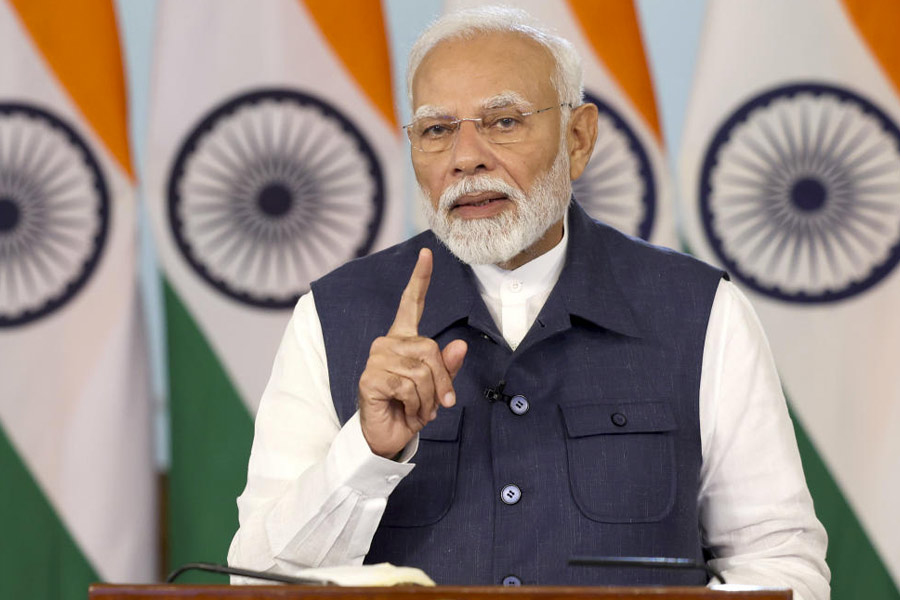Addressing the annual East Asia Summit in Laos last week, Prime Minister Narendra Modi called for the Indo-Pacific region to focus on development, not expansionism. Mr Modi did not mention any countries, but his reference was clearly aimed at China. The prime minister was speaking about the need for a code of conduct compliant with international law for the South China Sea where Beijing is locked in disputes over maritime territory with a range of nations, including Vietnam, the Philippines and others. China has claimed much of the South China Sea despite rulings by the United Nations against its assertion. While some Southeast Asian countries have contested China’s claims more directly, others have been reluctant to openly take on the region’s biggest power. As these tensions have escalated over the past decade, India has increasingly allied itself with the United States of America and its allies in countering China’s aggressive postures. The divide in the region is so deep that the 18-nation East Asia Summit, consisting of the US, Japan, China, Russia, Australia, New Zealand, India and South Korea in addition to the 10 members of the Association of Southeast Asian Nations, could not reach a consensus over the concluding document of the Laos conclave.
While much of the blame for the increased threat of militarisation in the South China Sea lies with Beijing’s approach, there is also a growing risk of the crucial trade waterway — and the Indo-Pacific region more broadly — turning into a battleground for a new Cold War. With the US and its allies on the one hand, and China and Russia on the other, each actively deepening military partnerships while also promising financial and developmental aid to smaller countries, the region appears poised for a heated contest for influence. As many small nations, especially among the Pacific Islands, have warned in recent months, this competition can come at the cost of the help that these countries actually need: such as dealing with existential threats like climate change. India must reliably stand against expansionism in the region as Mr Modi correctly argued and it must stay clear-eyed about the threat posed by Chinese aggression. But it must also steer clear of steps that deepen divisions in the Indo-Pacific or ignore the worries of small nations. Literally and metaphorically, building bridges is an act of development too.










